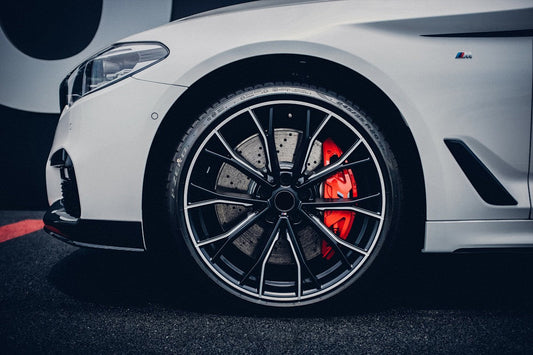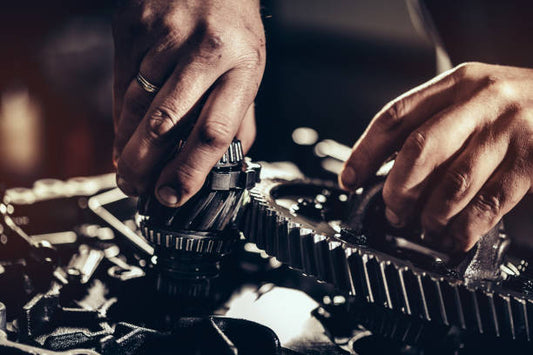Motor Oil and Brake Fluid Guide: Essential Functions, Types, and Maintenance Tips
Understanding the roles of motor oil and brake fluid is critical for vehicle performance and safety. This guide explains their functions, differences, and best practices for maintenance, while addressing common questions about products like engine oil 1L and synthetic Dot 3 brake fluid.TERZO
1. Function of Motor Oil: Protecting Your Engine
Motor oil serves three primary purposes:
-
Lubrication: Reduces friction between engine components (e.g., pistons, crankshafts).
-
Cooling: Absorbs heat from combustion, preventing overheating.
-
Cleaning: Traps debris and sludge, extending engine life.
For smaller vehicles or motorcycles, engine oil 1L bottles provide precise refills without waste. Synthetic oils are ideal for extreme temperatures, offering better viscosity stability than conventional oils.
2. Brake Fluid: The Lifeline of Your Braking System
Brake fluid transmits hydraulic pressure to activate brakes. Key types include:
-
Dot 3 Synthetic Brake Fluid: Affordable and widely compatible, with a dry boiling point of 205°C.
-
Synthetic Dot 4/5.1: Higher boiling points (230–260°C) for performance vehicles.
⚠️ Warning: Never mix Dot 3 synthetic brake fluid with Dot 4/5.1, as it reduces performance.
3. Synthetic Brake Fluid vs. Conventional: Why Upgrade?
-
Higher Boiling Points: Resists vapor lock during heavy braking.
-
Moisture Resistance: Absorbs 50% less water than non-synthetic fluids.
-
Longer Lifespan: Lasts 2–3 years vs. 1–2 years for conventional fluids.
Common myths about break oil (a frequent misspelling of "brake oil"):
-
Myth: “Brake fluid lasts forever.”
Truth: It degrades over time due to moisture absorption. -
Myth: “All fluids work interchangeably.”
Truth: Oil brake systems (older models) require specific mineral-based fluids.
4. Maintenance Tips for Peak Performance
Motor Oil:
-
Check levels monthly with the dipstick.
-
Replace every 5,000–10,000 km (varies by oil type).
-
For motorcycles/small engines, use engine oil 1L to avoid overfilling.
Brake Fluid:
-
Test moisture content annually with a refractometer.
-
Flush systems every 2–3 years (or 40,000 km).
-
Use a synthetic Dot 3 brake fluid for daily drivers.
5. Top Product Recommendations
| Product | Best For | Key Feature |
|---|---|---|
| TERZO Synthetic 5W-30 | High-mileage engines | Enhanced wear protection |
| Castrol DOT 4 | Performance vehicles | 265°C dry boiling point |
| Mobil 1 Engine Oil 1L | Small engines/motorcycles | Precise quantity control |

FAQs
Q: Can I use Dot 3 synthetic brake fluid in older cars?
A: Yes, but check your owner’s manual. Some vintage models require mineral-based oil brake fluids.
Q: Is synthetic motor oil worth the cost?
A: Absolutely. It reduces engine wear by 40% compared to conventional oil.
Q: What happens if I ignore brake fluid changes?
A: Moisture buildup corrodes brake lines, leading to sudden failure.
By prioritizing the function of motor oil and using quality synthetic brake fluid, you’ll ensure safer driving and lower repair costs. Always follow manufacturer guidelines for engine oil 1L quantities and fluid specifications.




